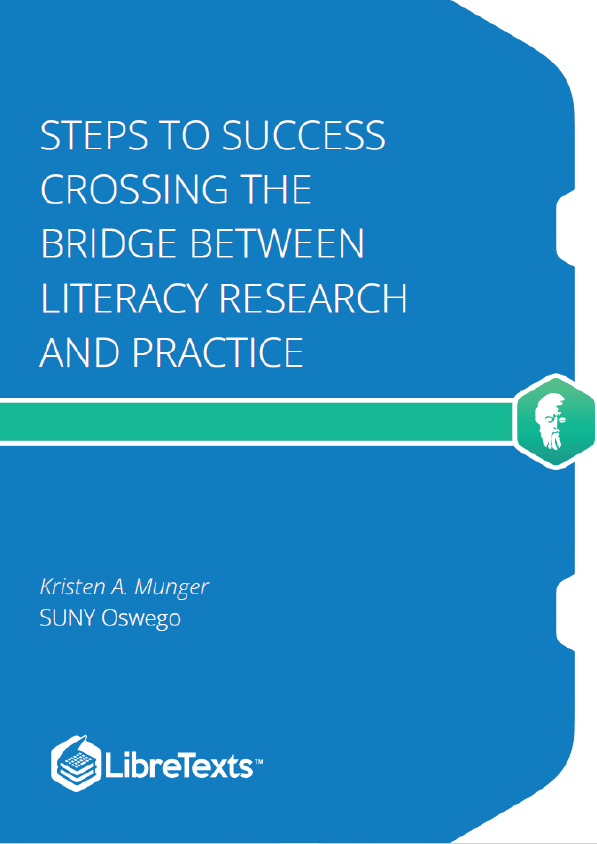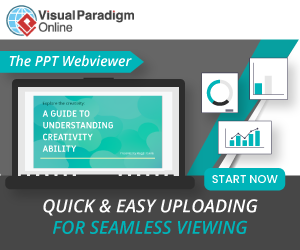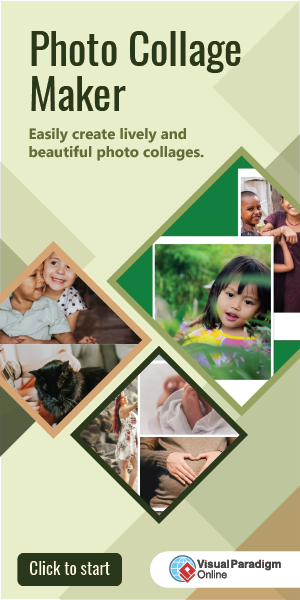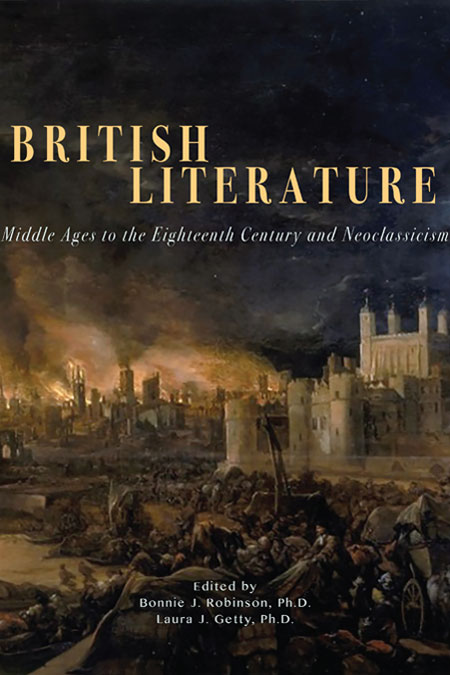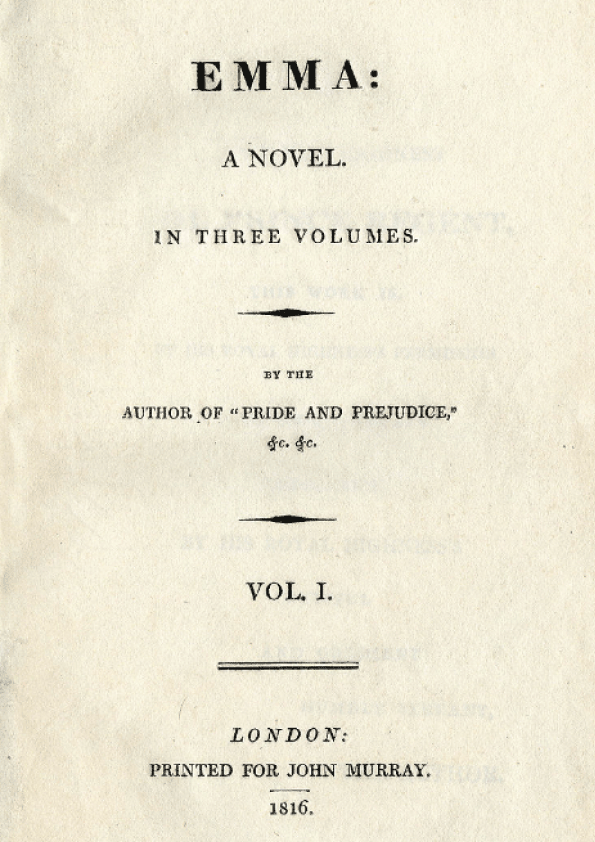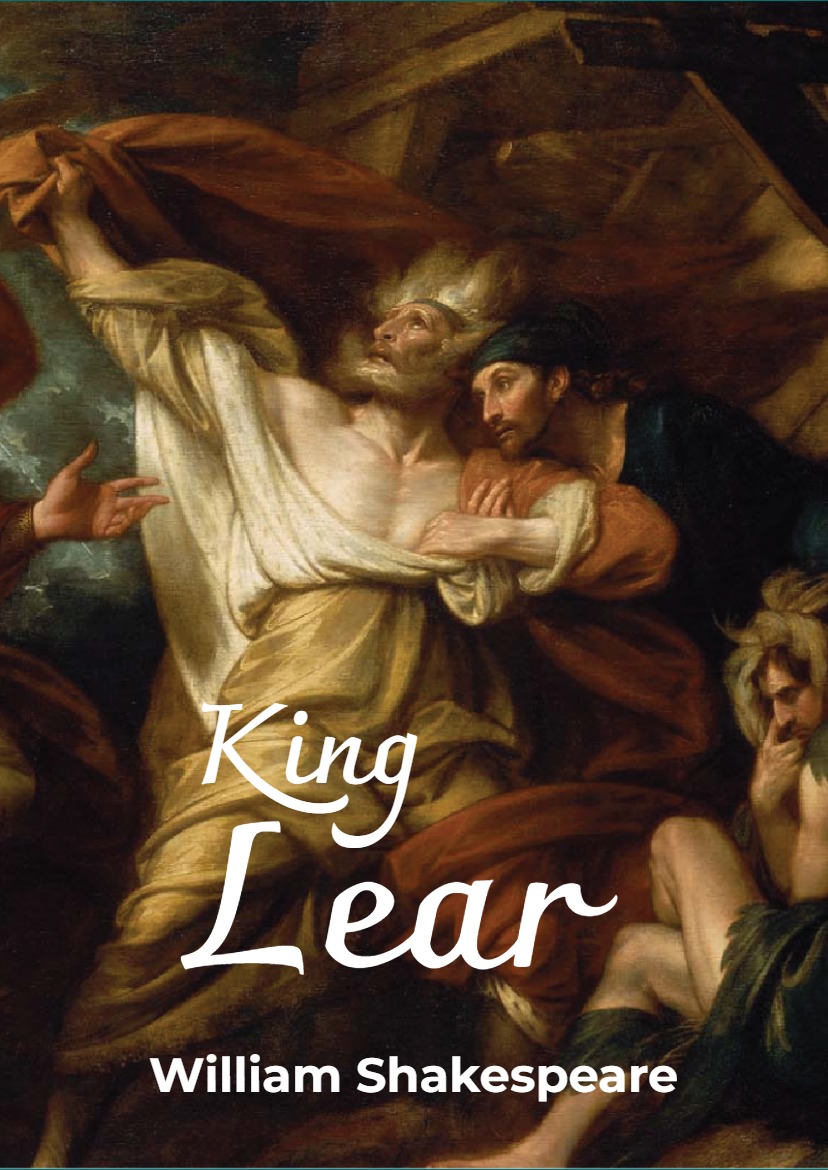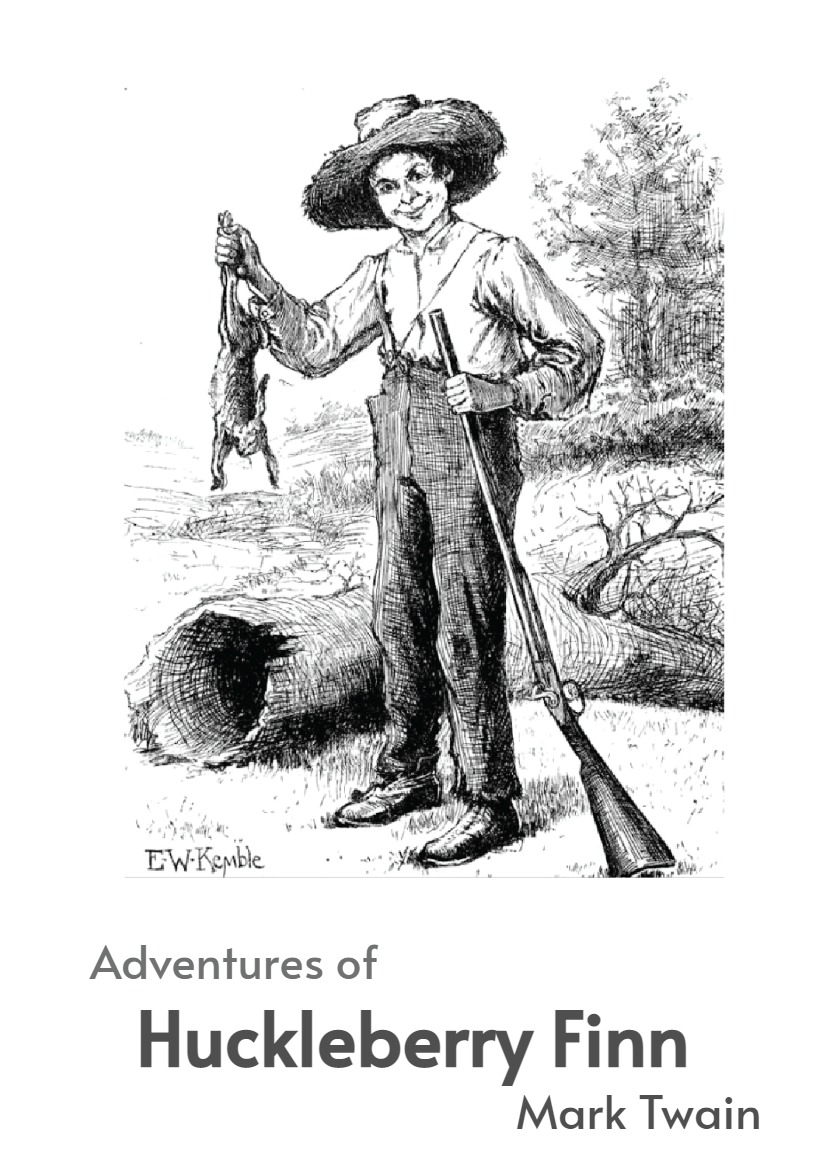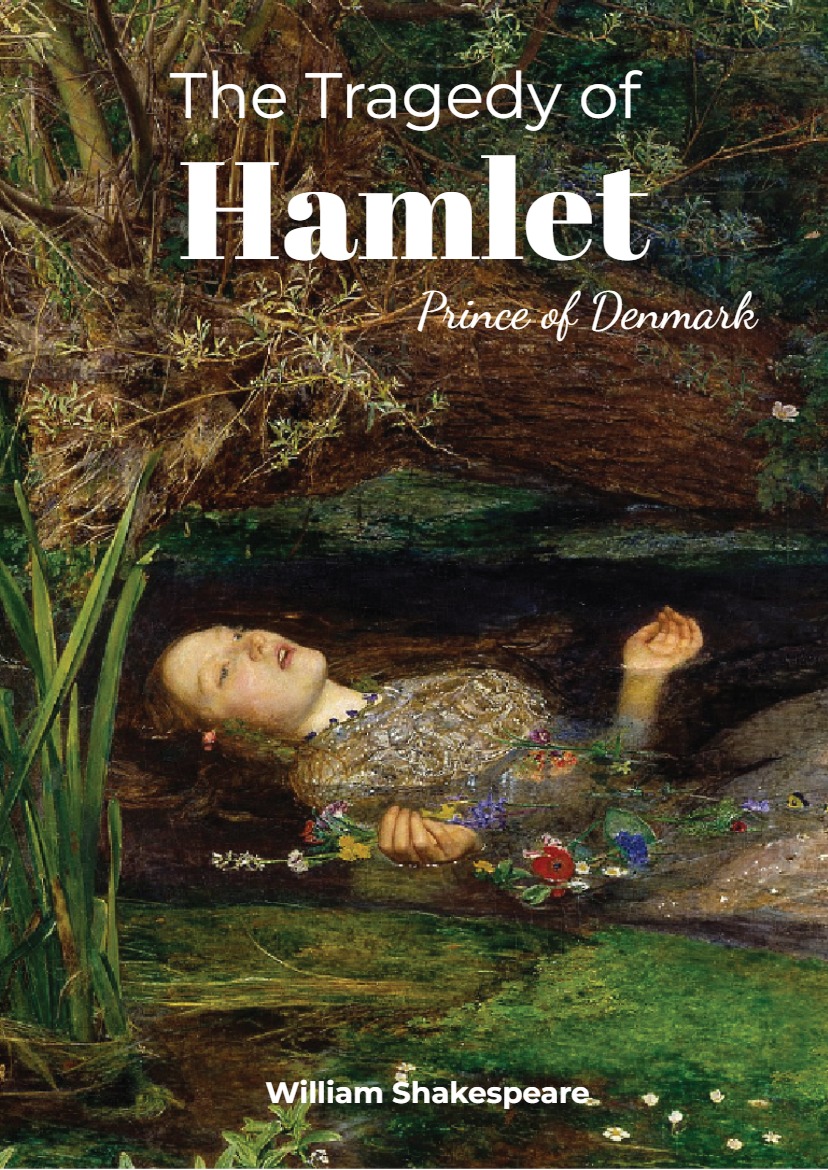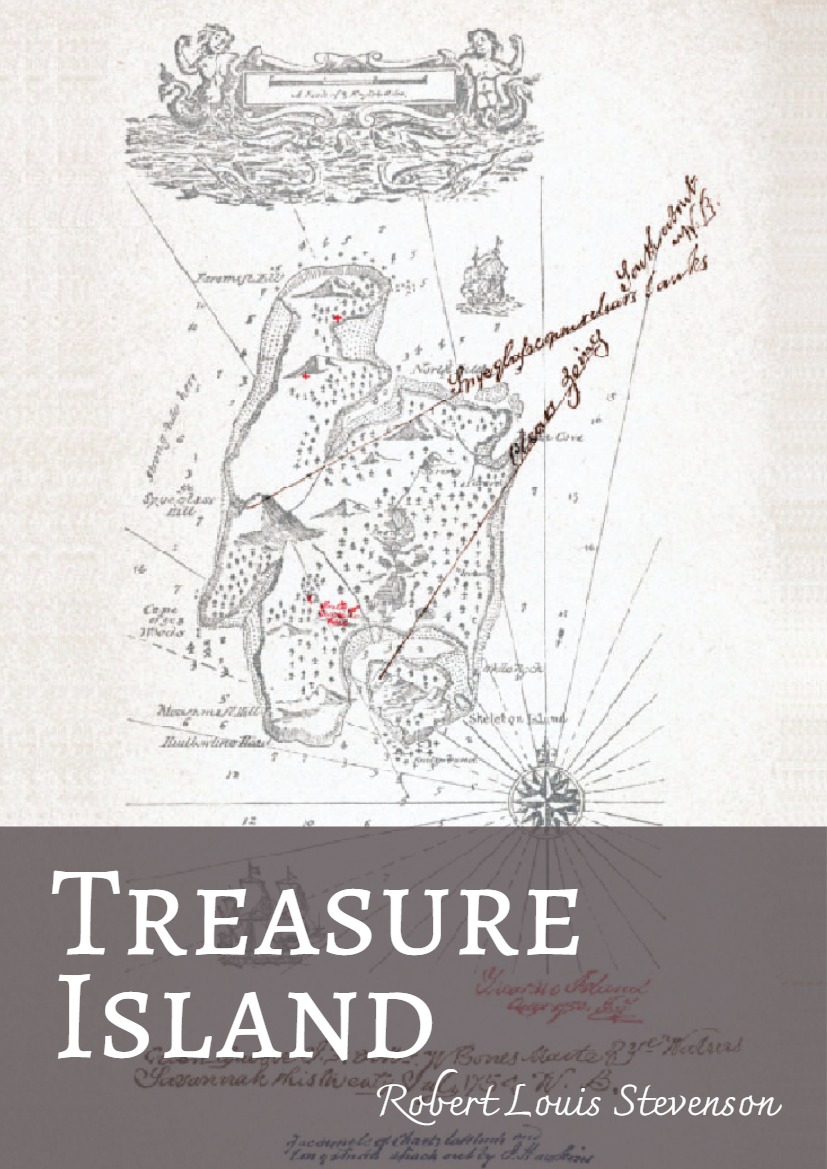This text introduces instructional strategies linked to the most current research-supported practices in the field of literacy. The book includes chapters related to scientifically-based literacy research, early literacy development, literacy assessment, digital age influences on children’s literature, literacy development in underserved student groups, secondary literacy instructional strategies, literacy and modern language, and critical discourse analysis.
Abstract
This chapter provides an overview of what literacy is and why it is important, along with some key questions designed to assess background knowledge related to literacy teaching and learning. At the end of the chapter, tips are provided to students and teacher educators for how to get the most from the textbook. A series of activities is also provided to deepen understanding of literacy and to facilitate planning for becoming an effective teacher of literacy.
My Burgeoning Understanding of the Meanings of Literacy
I did not really begin to appreciate literacy as a fundamental human right until I started working in schools. My first professional career was as a school psychologist, and in this role, I had many opportunities to observe children who had developed extraordinarily high levels of literacy, and also many children who had not. As part of my job, I worked with teams to find out which students who were struggling had learning disabilities in literacy areas, such as reading, listening comprehension, oral expression, and written expression. I became perplexed when I realized that a rather large number of students who were having trouble developing literacy skills did not necessarily have learning disabilities. So I delved into research on literacy and discovered that what I observed was common in many schools across the nation. As I continued to research literacy, I found many sources of information that included recommendations for how to teach literacy but comparably fewer sources that featured credible research on the effectiveness of recommended methods. It seemed like almost everyone had an opinion about the best ways to teach literacy, but there was not a lot of research to back up these opinions. Part of the problem was that there were far too many approaches to teaching literacy for people to research. After all, teachers make hundreds of instructional decisions per day, and not all of these decisions can be supported by expensive studies that may take years to conduct. But an additional and bewildering problem was that some sources of information continued to include teaching recommendations that high quality research studies had determined were not effective. Keep in mind that these experiences occurred before the preoccupation with accountability that now exists in U.S. schools, so the positive or negative effects of instruction were not as closely monitored.
One principal I met told me that she believed that many ineffective practices were connected to the “love curriculum.” When I asked her what she meant, she told me that some educators simply cling to teaching what they love, regardless of the effects on students. I also began to wonder if at least part of the problem was that teachers were not made aware of quality research findings that could better inform their practices. Many teachers could point to a citation in a written document as proof that a practice was research-based, but when I began to track down citation sources, I would often find links to new sources and citations that never led to credible research backing the original claim. I realized how confusing and frustrating the research landscape must be for teachers seeking information. If it was taking me hours to track down and evaluate research evidence for a claim made in a teacher publication, I could not imagine what it would be like for teachers to try to access this information, all while managing a full time teaching job.
